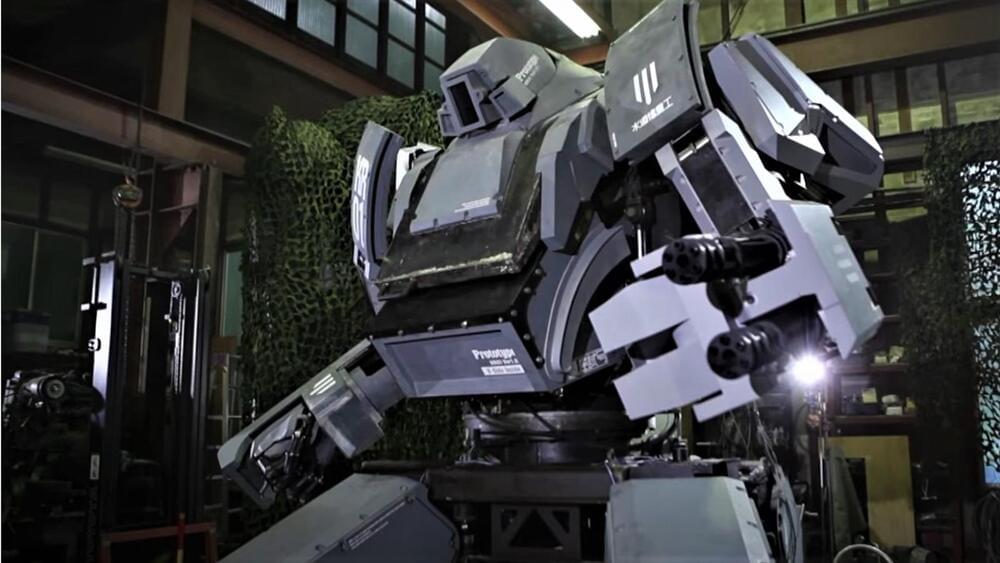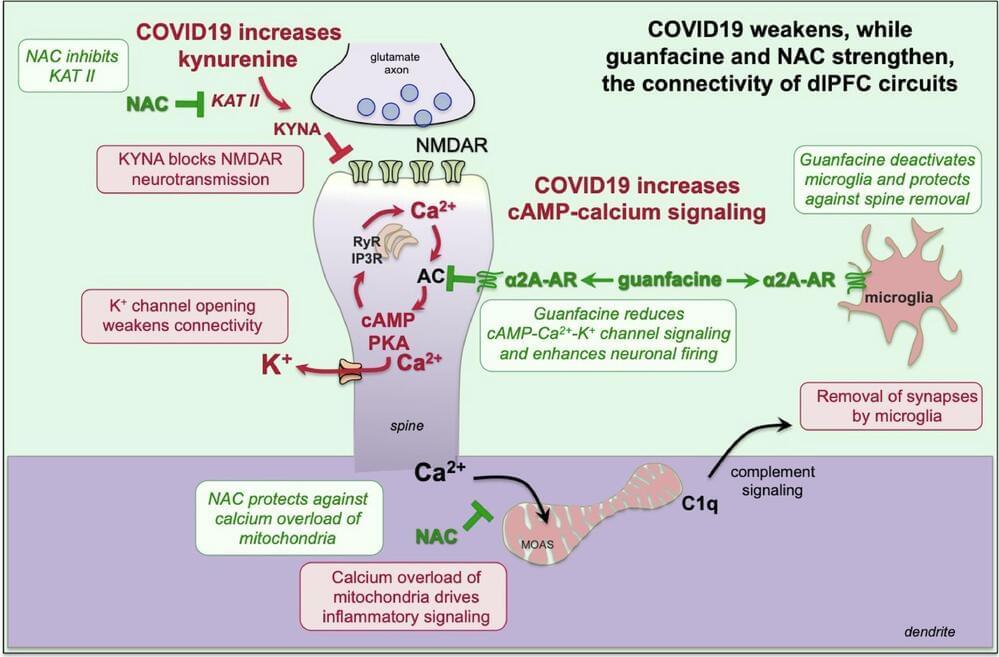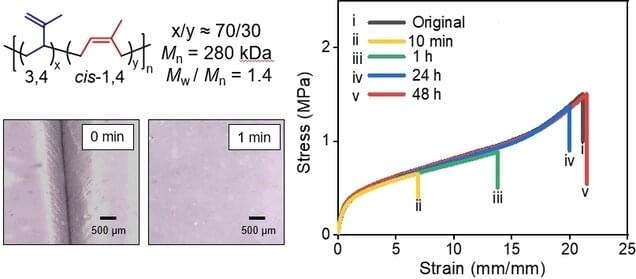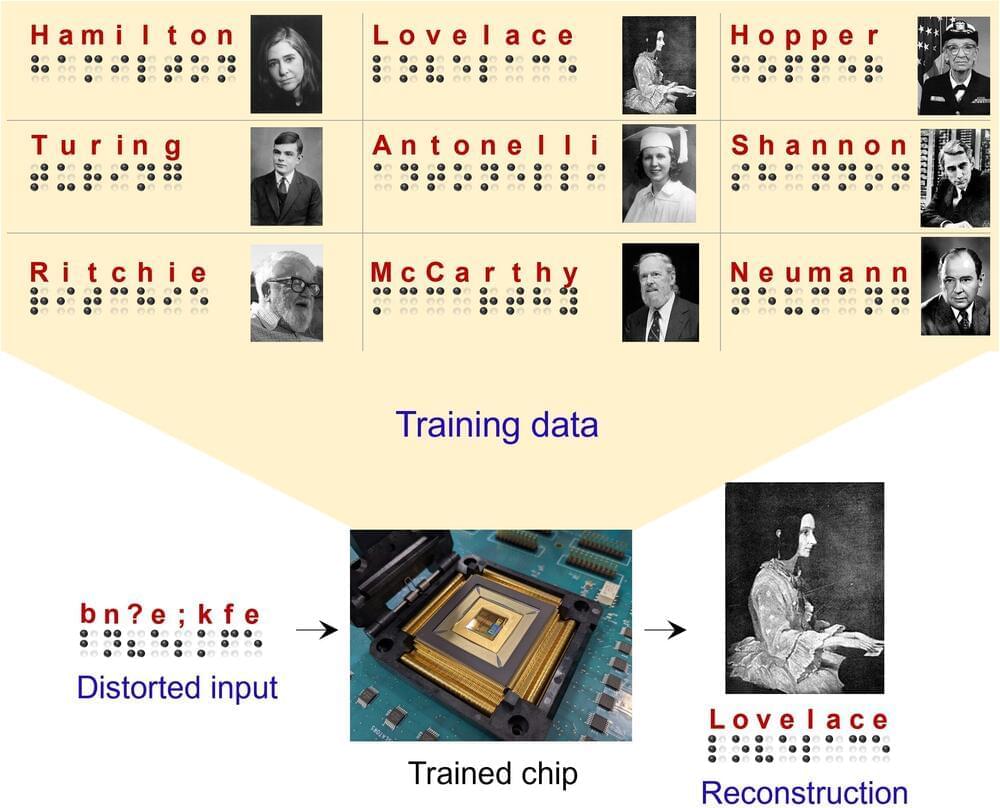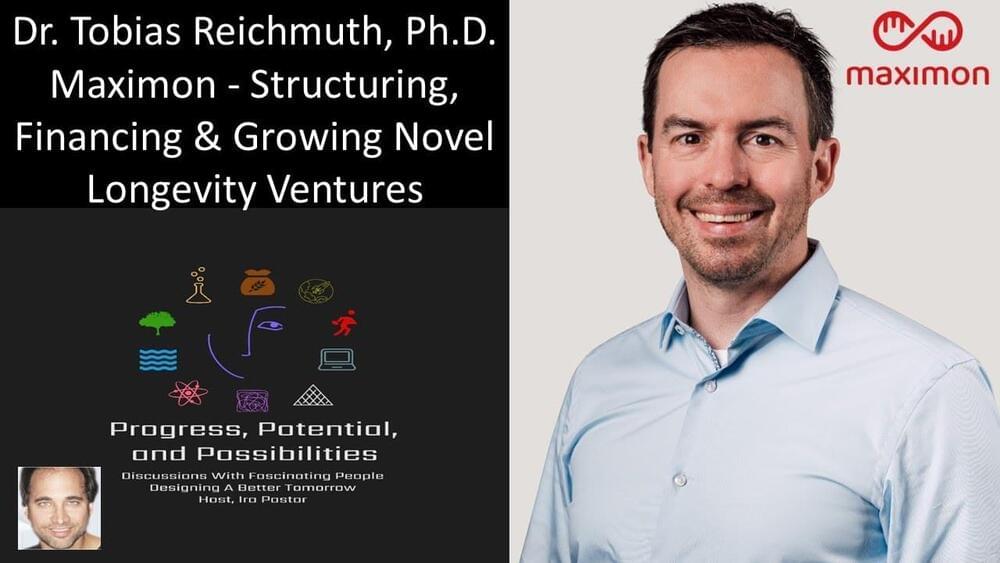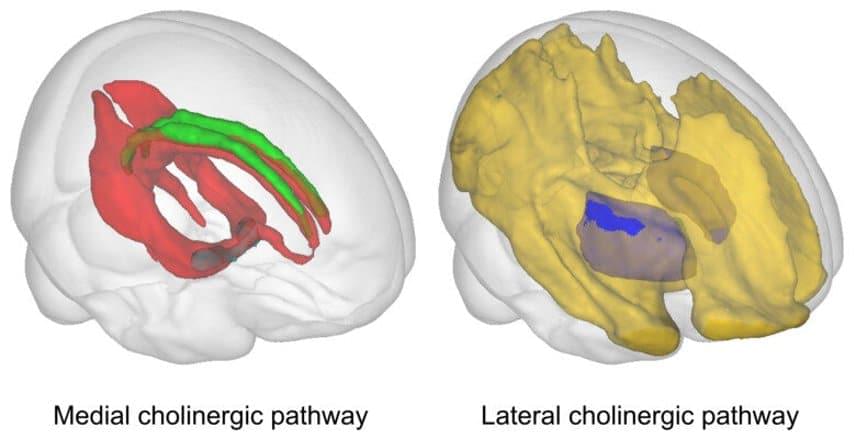😗
Japan sold a fully-functional robot suit that doesn’t just resemble a combat mech from a video game, it was able to actually fight like one too. With video games like “Armored Core,” mech fans already have a good idea of what giant fighting robots would be like in real life. One such fan is Kogoro Kurata –- an artist who wasn’t satisfied with leaving that notion to the imagination. Kurata explained that driving these giant robots was his dream, saying it was something the “Japanese had to do” (via Reuters). Unlike some of the coolest modern robots available today, Kurata envisioned a full-sized mech he can actually enter and operate: Something he actually accomplished in 2012.
